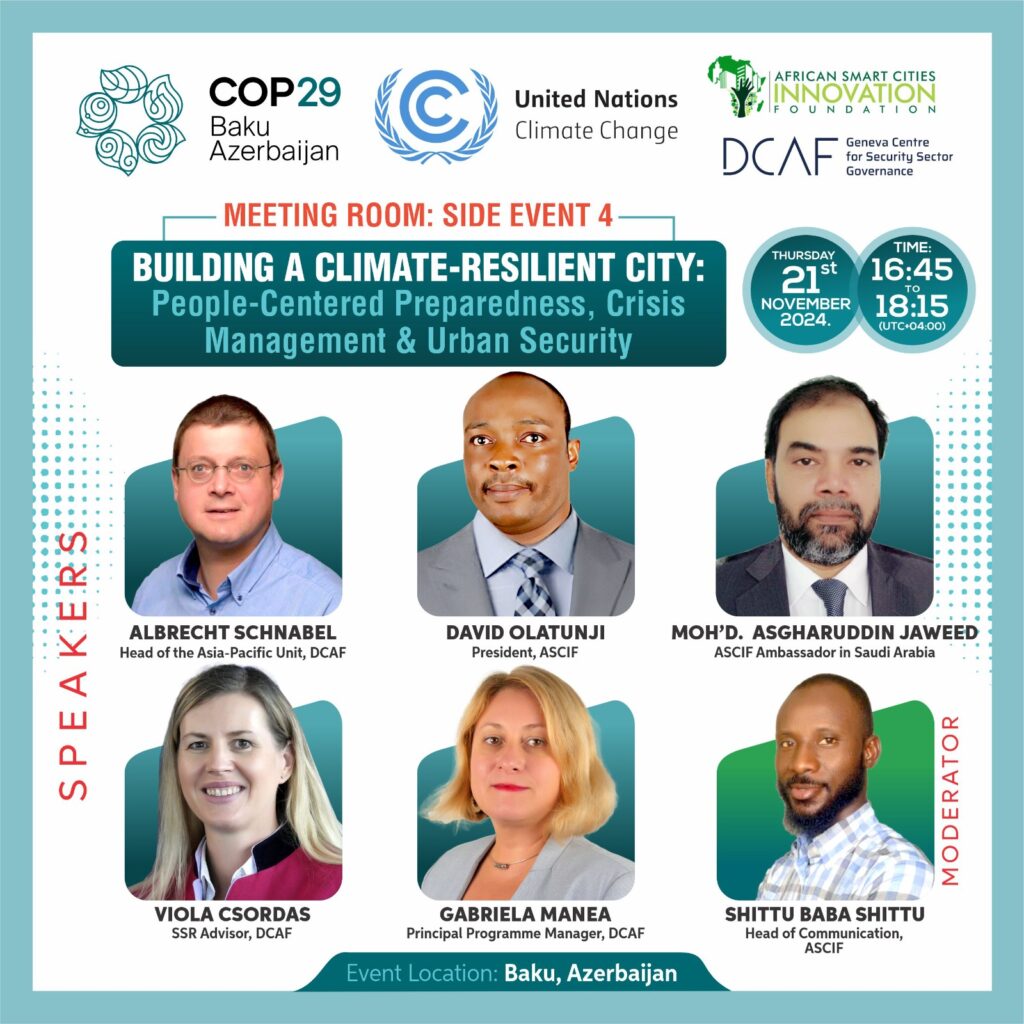Redefining the Smart City Concept: An African Perspective
Over the past decade, the concept of a smart city has undergone significant transformation, especially within the African context. Initially driven by technology providers, the focus has shifted towards a more holistic, human-centric approach. Governments and organizations, such as the African Smart Cities Innovation Foundation (ASCIF), have recognized that technology serves as an enabler rather than the sole solution to urban challenges.
Evolution of Smart Cities
Urban strategist Boyd Cohen outlines three evolutionary phases of smart cities:
- Smart Cities 1.0: Technology-centric initiatives led by major corporations aiming to create efficient, innovation-driven urban areas.
- Smart Cities 2.0: Government-led efforts utilizing technological solutions to enhance the quality of life.
- Smart Cities 3.0: Citizen-centric models emphasizing co-creation with residents to improve living conditions and foster prosperity.
In Africa, cities are increasingly embracing the Smart Cities 3.0 model, recognizing that sustainable urban development must prioritize the needs and aspirations of their inhabitants.
Read more about The 3 Generations Of Smart Cities

The Call for a New Paradigm
Traditional top-down approaches have often fallen short in addressing the unique challenges faced by African cities. A shift towards collaborative, participative, and human-centric strategies is essential. This involves engaging citizens, businesses, academia, and non-profit organizations in the decision-making process. ASCIF exemplifies this approach by promoting safe and smart infrastructures—such as housing, transportation, and energy—through technology and innovation.
Defining the Smart City in Africa
A smart city in the African context can be defined as:
“The capacity of a city or community to create and adopt solutions that overcome challenges and seize opportunities, transforming urban areas into more prosperous and livable places for all stakeholders.”
This definition emphasizes the importance of tailored solutions that address specific local needs, leveraging technology as a tool rather than an end goal.
The Human Element: Rise of the “Smartivist”
A notable development in African smart cities is the emergence of the “smartivist”—individuals who actively contribute to creating better urban environments, often on a voluntary basis. These local champions play a crucial role in driving initiatives that address community-specific challenges. Their involvement ensures that smart city projects are grounded in the realities of the communities they serve.
Challenges and Opportunities
African cities face unique challenges, including rapid urbanization, infrastructure deficits, and limited financial resources. However, these challenges present opportunities for innovative solutions. For instance, projects like Rwanda’s Vision City aim to provide housing for thousands, focusing on innovation to drive Africa’s digital transformation agenda.
Moreover, organizations like ASCIF are instrumental in bridging gaps between government, civil society, and the private sector, fostering community and infrastructural development across the continent.
Conclusion
Redefining the smart city concept in Africa involves embracing a human-centric, participative approach that leverages technology to meet the unique needs of urban communities. By focusing on collaborative solutions and empowering local “smartivists,” African cities can transform into more livable, prosperous, and sustainable environments for all.







